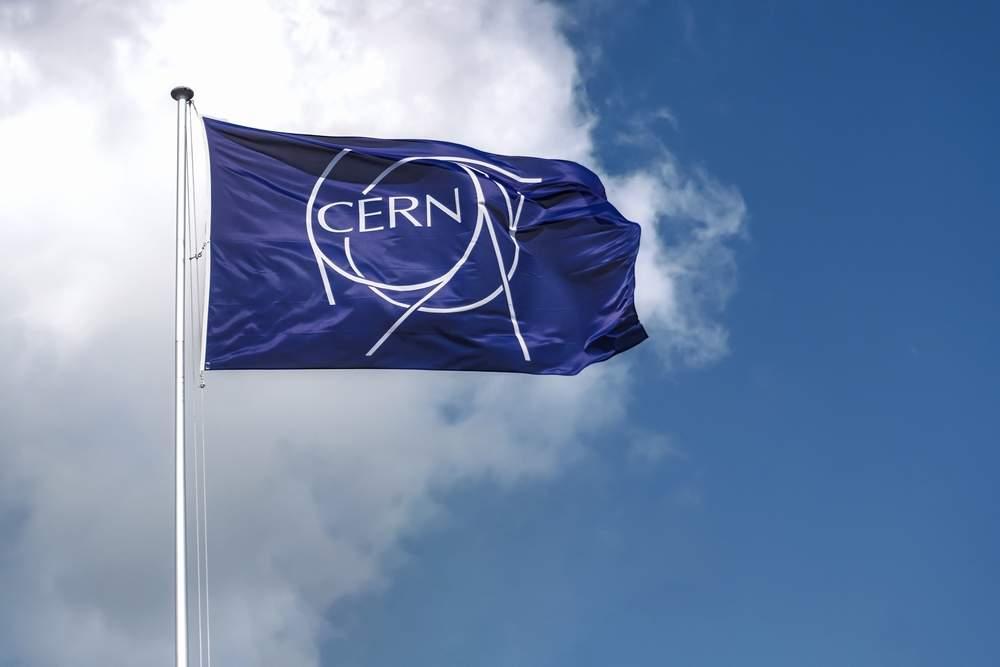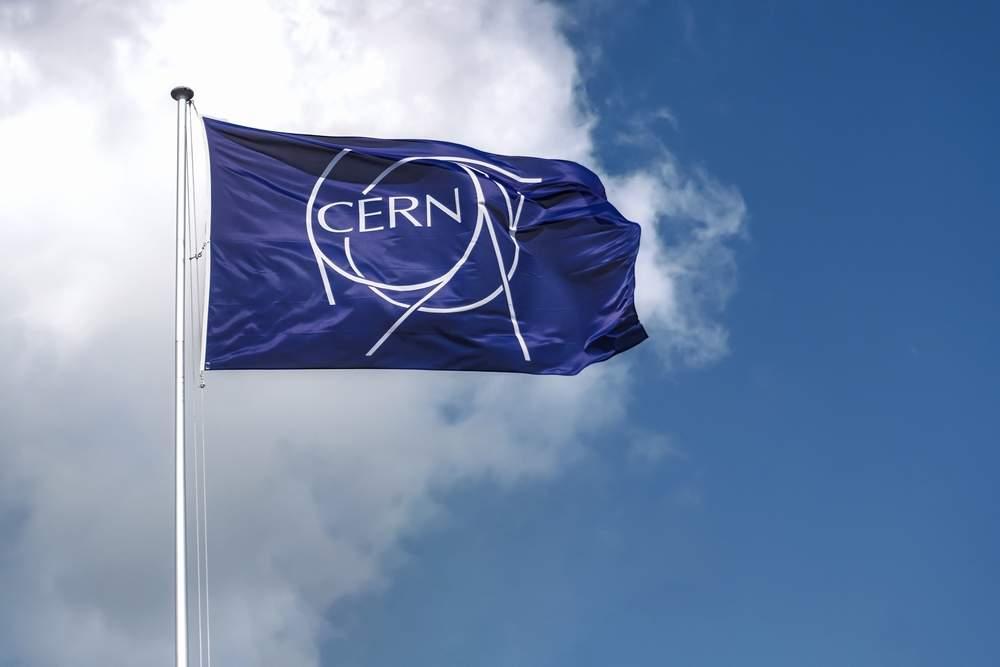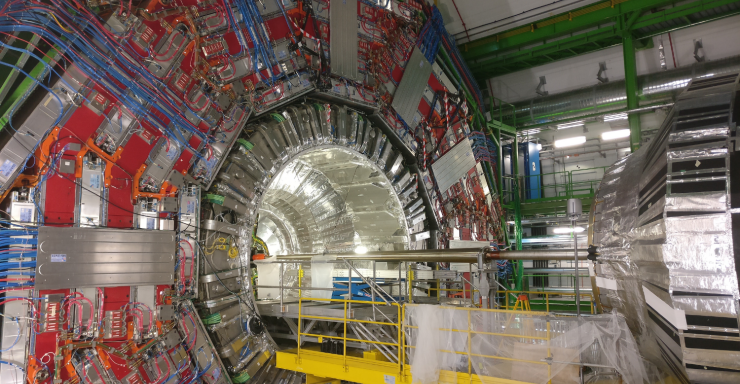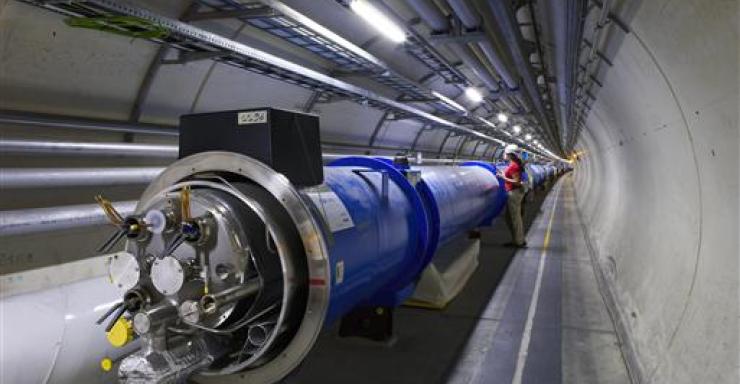The CMS Experiment at CERN’s Large Hadron Collider, Involving Latvian Researchers, Wins the Prestigious Breakthrough Prize in Fundamental Physics

The Compact Muon Solenoid (CMS) experiment at the European Organization for Nuclear Research (CERN), where Latvian researchers are also actively involved, has been awarded the prestigious Breakthrough Prize in Fundamental Physics.
Using the CMS detector at the Large Hadron Collider (LHC), researchers simulate conditions similar to the Big Bang by colliding particles at extremely high energies, seeking answers to fundamental questions about the universe and uncovering new physical phenomena. Latvian scientists and doctoral students from the joint RTU (Riga Technical University) and UL (University of Latvia) study program "Particle Physics and Accelerator Technologies" are contributing to the CMS experiment, developing their doctoral theses at CERN. In total, 18 researchers and PhD students from Latvia currently work at CERN, according to Labs of Latvia.
The Breakthrough Prize was also awarded to three other CERN experiments for detailed measurements of the Higgs boson’s properties, the discovery of new particles related to strong interactions, and the investigation of rare processes and the asymmetry between matter and antimatter. These groundbreaking studies involved thousands of scientists from over 70 countries and were conducted during the second data-taking period of the LHC, known as “Run 2.”
In addition to the prize, a monetary award of $3 million was granted, to be distributed in the form of research grants among PhD students working on these experiments. These students gain valuable experience at CERN, which they can later apply and share within their home countries.
“I am very proud that the achievements of the Large Hadron Collider have been recognized with this prestigious award. It is a beautiful acknowledgment of the daily dedication, effort, expertise, and commitment of thousands of people from all over the world, expanding the boundaries of human knowledge,” said CERN Director-General Fabiola Gianotti.
In 2021, Latvia became an associate member of CERN, committing to achieve full membership by 2027. This step will further strengthen Latvia’s scientific and academic environment and expand opportunities for researchers and entrepreneurs to participate in CERN projects.


